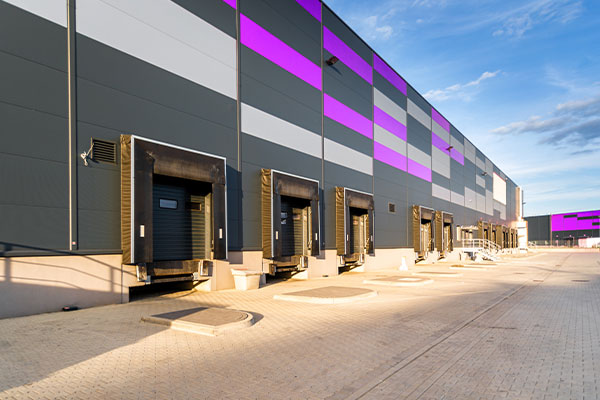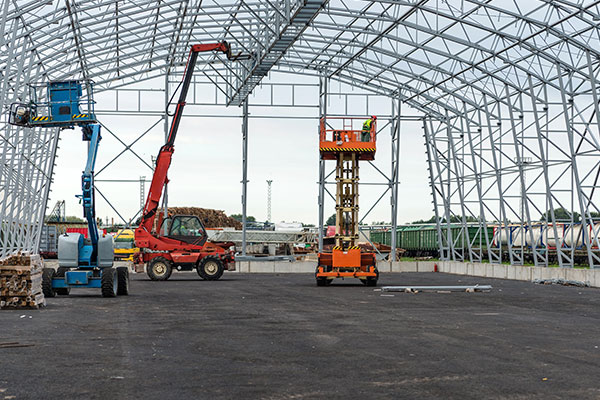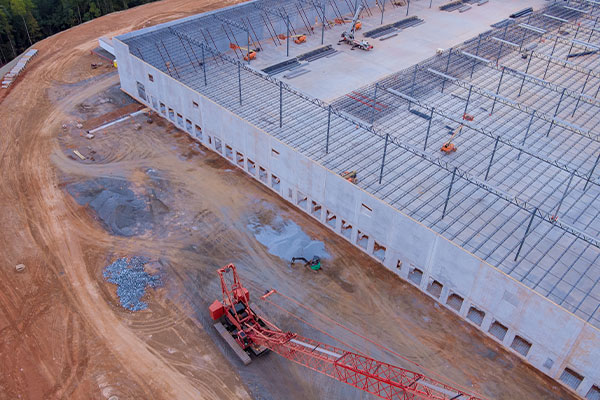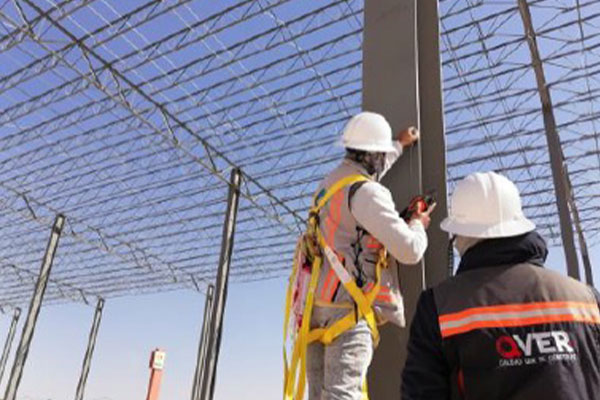The California Bearing Ratio test is ideal for the urbanization stage and projects that involve pavement structures. It is important to perform this test to determine the amount of load a compacted soil material can withstand, understand its behavior under saturation, and ensure that the material has the required rigidity according to its design.
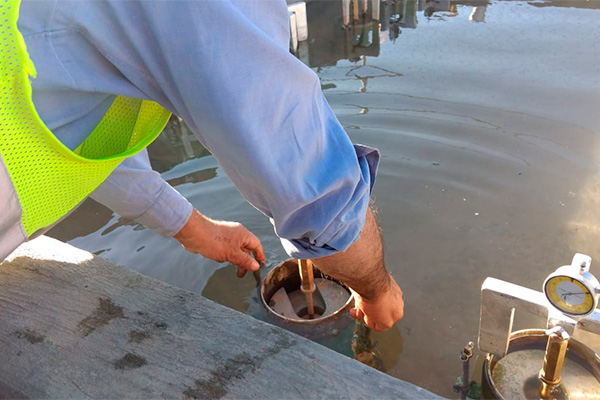
Using the CBR index provides a parameter for soil strength:
- A CBR close to 2% corresponds to plastic material
- A CBR of 10% corresponds to sandy soil
- A CBR of 80% corresponds to granular material
The California Bearing Ratio test lasts a minimum of 5 days, as established by standards. Performing the test correctly helps to measure the pressure required to penetrate a piston into a soil sample. Conducting this test at all stages of construction is ideal.
Why is it important to perform the California Bearing Ratio test during:
Pre-construction
To verify the quality of materials defined according to project needs
During construction
To control the quality of materials
Post-construction
To verify and audit the quality of materials
Performing the California Bearing Ratio test provides valuable information about soil load-bearing capacity and expansion. It can help with soil expansions, settlements, cracks, and structural collapses.

